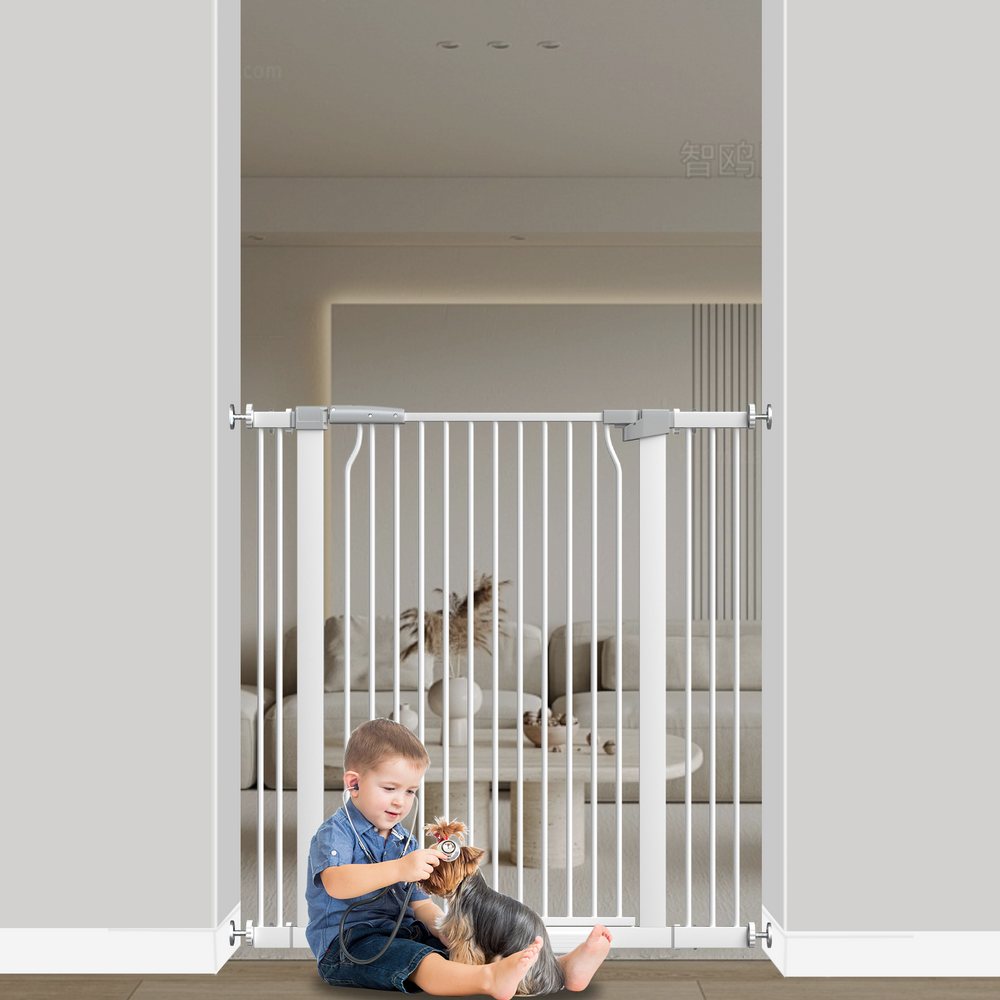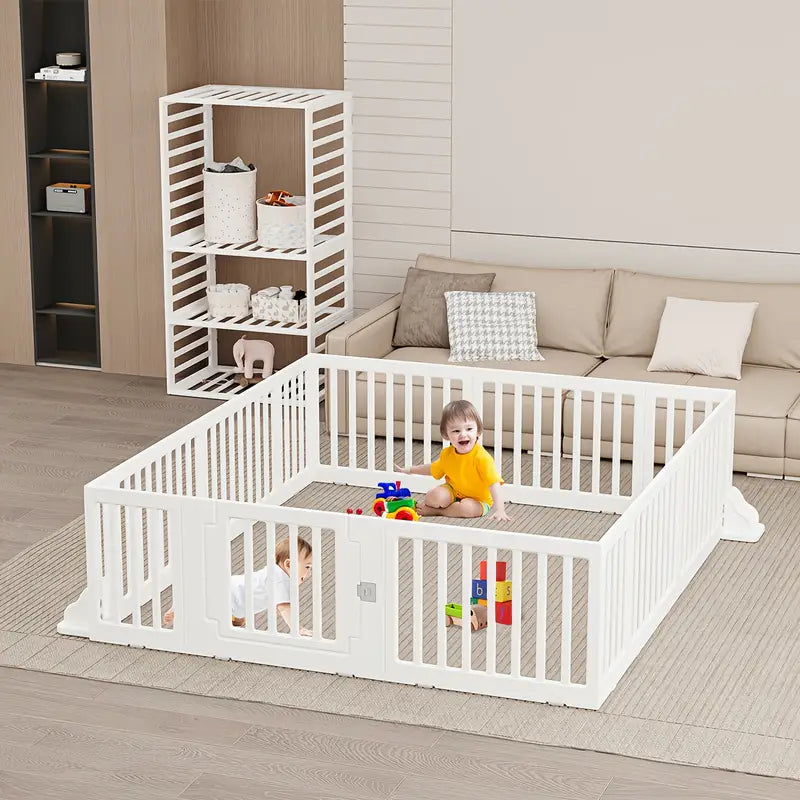How to Keep Your Cats Safe for this Holiday
The holiday season brings an array of potential hazards for our feline friends. According to the American Veterinary Medical Association, some of the most common dangers include:
- Toxic foods like chocolate, raisins, onions, and fatty table scraps
- Poisonous plants such as poinsettias, mistletoe, and holly
- Breakable ornaments and dangling decorations that can be ingested
- Electrical cords and lights that pose a chewing and electrocution risk
- Open flames from candles and fireplaces
- Increased stress and anxiety from disrupted routines and unfamiliar visitors
Cats' natural curiosity and tendency to chew or ingest foreign objects make them particularly vulnerable to these holiday hazards. Being aware of the potential risks and taking preventative measures is crucial for ensuring a safe and happy season for your feline companion.
Securing Your Christmas Tree
The Christmas tree is a prime target for curious cats, so taking proper precautions is essential. First, invest in a sturdy tree stand and consider anchoring the tree to the wall or ceiling with fishing line for added stability. Avoid using breakable ornaments, which could shatter if batted by a cat. Instead, opt for sturdy plastic or wooden decorations.
To deter cats from investigating the base of the tree, surround it with a christmas tree safety gate. Finally, be diligent about unplugging the tree lights when you're not around to supervise, as cats may attempt to chew on the cords. A source from Reddit recommends using an artificial tree for added safety.
Avoiding Toxic Holiday Foods
The holidays are a time of indulgence, but many traditional human foods can be toxic to cats. It's crucial to keep these items securely stored away from curious feline noses and paws. Some of the most dangerous holiday foods for cats include:
- Chocolate: This sweet treat contains theobromine and caffeine, which are toxic to cats and can cause vomiting, diarrhea, hyperactivity, abnormal heart rhythm, seizures, and even death in severe cases.
- Raisins and grapes: These can cause kidney failure in cats.
- Onions, garlic, and chives: These members of the Allium family can damage cats' red blood cells, leading to anemia.
- Bones: Cooked bones can splinter and cause lacerations or obstructions in the digestive tract.
- Rich or fatty foods: Turkey skin, gravy, butter, and other high-fat items can cause pancreatitis in cats.
To keep your cat safe, store all human foods securely in airtight containers or the refrigerator. Clear countertops and tables of any food items when not in use, and dispose of food trash in a sealed bin that cats cannot access.
Poisonous Holiday Plants
Many popular holiday plants can be toxic to cats if ingested. Poinsettias, holly, and mistletoe are among the most hazardous (Siroka, 2023). Poinsettias contain a sap that can cause nausea and vomiting in cats, while holly and mistletoe berries are poisonous and can lead to gastrointestinal issues.
To keep your feline friend safe, it's best to avoid bringing these plants into your home during the holidays. If you do choose to decorate with them, place them securely out of reach from curious cats. Consider using artificial versions instead, or opt for pet-safe holiday plants like Christmas cactus or African violets.
Creating a Cat Sanctuary Room
With all the hustle and bustle of the holidays, it's important to provide your cat with a quiet, stress-free space to retreat to when they need a break from the commotion. Setting up a dedicated "cat room" can help keep your feline friend calm and content during this hectic season. Start by choosing a low-traffic room, such as a spare bedroom or home office, and equip it with all the essentials your cat needs.
First and foremost, set up a litter box in the room, as cats will appreciate having a familiar and easily accessible place to take care of their business. Next, provide a cozy bed or cat tree where they can nap and lounge undisturbed. You'll also want to include food and water bowls, as well as some of your cat's favorite toys to keep them entertained. Consider placing a scratching post or cat tree in the room as well, to give them an appropriate outlet for their natural scratching behavior. For extra comfort, you can even leave an old piece of clothing or blanket with your scent on it, which can help your cat feel more at ease. (Source)
By creating this dedicated sanctuary space, you'll be giving your cat a much-needed retreat from the chaos of the holiday season. They'll be able to relax, play, and take care of their needs in a familiar, low-stress environment, helping to minimize any anxiety or behavioral issues that may arise from the disruption to their routine.
Securing Cords and Cables
Holiday lighting and decoration cords can be enticing chewing hazards for curious cats. To prevent your feline friend from putting themselves at risk of electric shock or intestinal blockages, take the necessary precautions to secure all cords and cables. The website Applewood Fixit recommends taping down or hiding any loose cords and using cord covers or cable protectors to deter chewing. Additionally, it's crucial to unplug all holiday decor when you're not around to supervise your cat.
Candle Safety with Cats
Candles can pose a serious fire hazard when combined with curious feline companions. According to the National Candle Association, around 85% of candle fires could be prevented by following basic safety rules. When it comes to cats, the most crucial steps are to never leave lit candles unattended and keep them well out of your cat's reach.
If you enjoy the ambiance of candles during the holidays, consider switching to flameless, battery-operated candles. These provide the same warm glow without any fire risk. Alternatively, place traditional candles on high shelves or surfaces where your cat cannot access them. Always extinguish candles before leaving the room or going to sleep.
By taking these simple precautions, you can safely enjoy your holiday candles while keeping your feline family members protected from burns, singed whiskers, or accidental fires.
Monitoring Doors and Escapes
With the hustle and bustle of holiday gatherings, it's easy for doors to be left ajar, creating an opportunity for curious cats to slip outside unnoticed. Remind your guests to be mindful of open doors and windows to prevent accidental escapes. According to the Cat Behavior Alliance (catbehavioralliance.com), letting cats roam outdoors unsupervised can expose them to numerous dangers, including traffic, predators, and harmful substances.
To keep your feline friend safe, establish a designated room or area where your cat can retreat during gatherings. This cozy space should be equipped with their essentials, such as a litter box, food and water bowls, and a comfortable bed. Before guests arrive, double-check that all potential exit points are securely closed, and consider placing a sign near the main entrance to remind visitors about your indoor-only cat policy.
Handling Accidental Ingestions
Despite your best efforts, curious cats may still manage to ingest something toxic during the holidays. If you suspect your cat has eaten a harmful substance, it's crucial to act quickly. First, call the ASPCA Animal Poison Control Center (https://www.aspca.org/pet-care/animal-poison-control) or your local veterinarian for guidance. Never induce vomiting unless explicitly instructed to do so, as it could cause further harm in some cases.
If your veterinarian recommends seeking emergency care, don't delay. Depending on the toxin and the amount ingested, prompt treatment may be necessary to prevent serious complications or even save your cat's life. When in doubt, it's better to err on the side of caution and have your cat examined by a professional.
Holiday Cat Safety Summary
As the holiday season approaches, it's essential for cat owners to take proactive measures to ensure their feline companions remain safe and stress-free. From securing your Christmas tree and decorations to keeping harmful foods and plants out of reach, there are several precautions to consider. Providing a quiet sanctuary room can offer your cat a peaceful retreat, while exercising caution with candles, cords, and monitoring doors can prevent accidents and escapes.
Should your cat accidentally ingest something toxic, remain calm and seek immediate veterinary assistance. Remember to keep the emergency pet poison helpline number handy. By implementing these practical tips, you can create a joyful and secure holiday environment for your feline friend.






Leave a comment